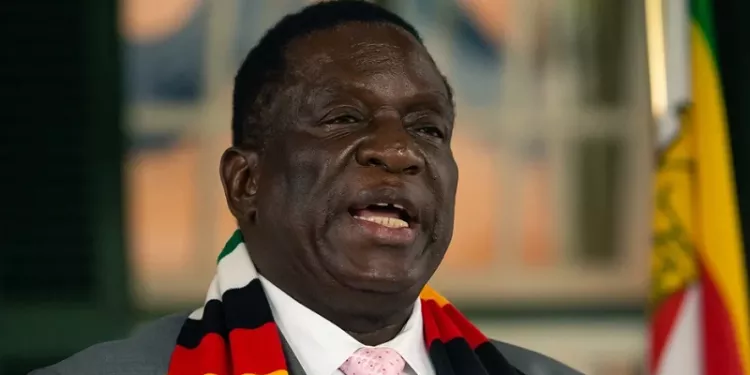Zimbabwe’s government has ordered banks to immediately cease lending to both the government and the private sector.
The government’s directive is intended to stop speculation against the Zimbabwean dollar and is part of a slew of efforts to halt the currency’s rapid depreciation on the black market, according to Bloomberg.
On the black market, the Zimbabwean dollar, which is officially priced at 165.94 against the US dollar, has continued to fall, trading between 330 and 400 to the greenback. From around 200 Zimbabwe dollars at the start of the year, the black market exchange rate has increased significantly.
Back story
After a decade of using the US dollar and seven other international currencies as legal tender due to raging hyperinflation, Zimbabwe’s central bank announced plans to reinstate the Zimbabwe dollar as legal money in early 2019.
Payments in foreign currency were outlawed in June 2019 to give the Zimbabwean dollar a fighting chance when it was relaunched. When the pandemic struck, Harare had no choice but to accept some payments in foreign currencies.
Zimbabwe is now in the midst of a severe economic crisis marked by a severe lack of foreign money, high unemployment (over 90%), limited productivity, and hyperinflation, which has lowered purchasing power.
The devaluation of the Zimbabwean dollar’s black market exchange rate has been driving up inflation. Year-on-year inflation quickened to 96.4% in April, from 60.6% in January.
What the Zimbabwean government is saying
President Emmerson Mnangagwa proposed measures this weekend aimed at halting the currency’s devaluation, which he claimed was endangering Zimbabwe’s economic stability.
He said, “Lending by banks to both the government and the private sector is hereby suspended with immediate effect, until further notice.”
He accused also unidentified speculators of borrowing Zimbabwe dollars at interest rates below inflation and utilizing the funds to trade currency.
Other measures include a greater tax on forex bank transfers, higher fees on forex cash withdrawals over $1,000, and the payment of taxes in local currency that were previously levied in forex.




